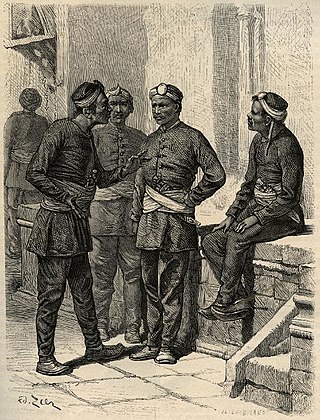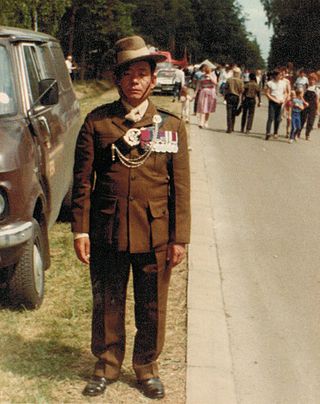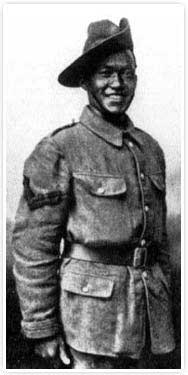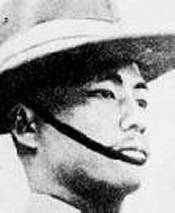Contents
| |||||
| Decades: | |||||
|---|---|---|---|---|---|
| See also: | |||||
Events from the year 2000 in Nepal .
| |||||
| Decades: | |||||
|---|---|---|---|---|---|
| See also: | |||||
Events from the year 2000 in Nepal .

Dame Joanna Lamond Lumley is a British actress, presenter, former model, author, television producer, and activist. She has won two BAFTA TV Awards for her role as Patsy Stone in the BBC sitcom Absolutely Fabulous (1992–2012), and was nominated for the 2011 Tony Award for Best Featured Actress in a Play for the Broadway revival of La Bête. In 2013, she received the Special Recognition Award at the National Television Awards, and in 2017 she was honoured with the BAFTA Fellowship award.

Brigade of Gurkhas is the collective name which refers to all the units in the British Army that are composed of Nepalese Gurkha soldiers. The brigade draws its heritage from Gurkha units that originally served in the British Indian Army prior to Indian independence, and prior to that served for the East India Company. The brigade includes infantry, engineering, signal, logistic and training and support units. They are known for their khukuri, a distinctive heavy knife with a curved blade, and have a reputation for being fierce and brave soldiers.

The Gurkhas or Gorkhas, with the endonym Gorkhali, are soldiers native to the Indian subcontinent, chiefly residing within Nepal and some parts of North India.

The Royal Gurkha Rifles (RGR) is a rifle regiment of the British Army, forming part of the Brigade of Gurkhas. Unlike other regiments in the British Army, RGR soldiers are recruited from Nepal, which is neither a dependent territory of the United Kingdom nor a member of the Commonwealth.

Pokhara is a metropolitan city located in central Nepal, which serves as the capital of Gandaki Province and is declared as the tourism capital of Nepal. It is the second most populous city of the nation after Kathmandu, with 599,504 inhabitants living in 120,594 households as of 2021. It is the country's largest metropolitan city in terms of area. The city also serves as the headquarters of Kaski District. Pokhara is located 200 kilometres west of the capital, Kathmandu. The city is on the shore of Phewa Lake, and sits at an average elevation of approximately 822 m above sea level. The Annapurna Range, with three out of the ten highest peaks in the world—Dhaulagiri, Annapurna I and Manaslu—is within 15–35 mi (24–56 km) aerial range from the valley.

Rambahadur Limbu, was a Nepalese Gurkha and recipient of the Victoria Cross, the highest award for gallantry in the face of the enemy that can be awarded to British and Commonwealth forces. Rambahadur Limbu belonged to the Begha Clan of Limbu people of Nepal. Limbu was born in Chyangthapu village, Tehrathum, in East Nepal, and later lived in Damak.

Agansing Rai was a Nepalese Gurkha recipient of the Victoria Cross, the highest and most prestigious award for gallantry in the face of the enemy that can be awarded to British and Commonwealth forces.

Tul Bahadur Pun VC was a Nepalese Gurkha recipient of the Victoria Cross, the highest award for gallantry in the face of the enemy that can be awarded to British and Commonwealth forces. He later achieved the rank of Honorary Lieutenant. In addition to the Victoria Cross, Pun was awarded 10 other medals, including the Burma Star.

Subedar Major Gyamtso Shangdarpa, better known as Ganju Lama was born in the Kingdom of Sikkim on 22 July 1924 to Shangdarpa parents of the Bhutia Community. The etymology of the name "Ganju Lama" tells us that during the Chogyal period, sons of the Shangdarpa clan were expected to serve as monks. He enlisted in the British Indian Army in 1942 at the age of seventeen, as a rifleman in the 1st battalion, 7th Gurkha rifles. The Gurkha regiments were in dire need of manpower and would accept anyone who closely resembled a Gurkha. He is the only Bhutia recipient of the Victoria Cross, the highest and most prestigious award for gallantry in the face of the enemy that can be awarded to British and Commonwealth forces.

Kulbir Thapa Magar VC was the first Nepalese Gurkha recipient of the Victoria Cross, the highest and most prestigious award for gallantry in the face of the enemy that can be awarded to British and Commonwealth forces.

Gaje Ghale VC was a Nepalese Gurkha recipient of the Victoria Cross, the highest and most prestigious award for gallantry in the face of the enemy that can be awarded to British and Commonwealth forces.

Lesbian, gay, bisexual, and transgender (LGBTQ) rights in Nepal have expanded in the 21st century, though much of Nepal's advancements on LGBT rights have come from the judiciary and not the legislature. Same-sex sexual acts have been legal in Nepal since 2007 after a ruling by the Supreme Court of Nepal.
General Sir Samuel Cowan is a former Quartermaster-General to the Forces.
Bishnu Shrestha is a Nepalese–Gurkha soldier in the Indian Army and recipient of the Sena Medal for bravery, and the Uttam Jeevan Raksha Padak medal, both awarded for his gallant conduct during an armed train robbery.

Indian Gorkhas, also known as Nepali Indians are an Indian ethno-cultural group who speak Nepali as a common language. They inhabit mainly the states of Sikkim, West Bengal, Northeast India and Uttarakhand, including their diaspora elsewhere in India and abroad. The modern term "Indian Gorkha" is used to differentiate the Nepali language Speaking Indians from Nepalis.

Chandra Kant Raut, popularly known as Dr. CK Raut, is a Nepalese Member of Parliament (MP), computer engineer, former United States Defense programmer, author, politician, activist. He is a gold medalist in the Bachelor of Engineering from Pulchowk Campus, a central campus of Institute of Engineering (IOE), Tribhuvan University. He was active in the Alliance for Independent Madhesh, to establish a country for the Madhesi people. However, he surrendered before the Nepalese state in 2018 and chose to participate in mainstream politics. In 2022 Nepalese general election, he was elected as a member of the Pratinidhi Sabha, or the lower house of Parliament.

Chandra Kishor Lal, popularly known as C. K. Lal is a Nepalese journalist, political columnist, and engineer. He is mostly known for his columns in daily newspapers in Nepal and India, his frequent participation in academic circles, and his 2010 play Sapanako Sabiti, which premiered in Gurukul. His book Human Rights, Democracy and Governance was published in early 2010 by Pearson, New Delhi. He is also known for his book To Be A Nepalese, published in 2012 by Martin Chautari, Kathmandu. The book was originally published as Nepaliya Hunalai. He is also co-editor of the volume Chapama Dalit published by Ekta Books, Kathmandu (2001).

Overseas military bases of the United Kingdom enable the British Armed Forces to conduct expeditionary warfare and maintain a forward presence. Bases tend to be located in or near areas of strategic or diplomatic importance, often used for the build-up or resupply of military forces, as was seen during the 1982 Falklands War and the use of RAF Ascension Island as a staging post. Most of the bases are located on British Overseas Territories or former colonies which retain close diplomatic ties with the British government.
Events in the year 2017 in Nepal.